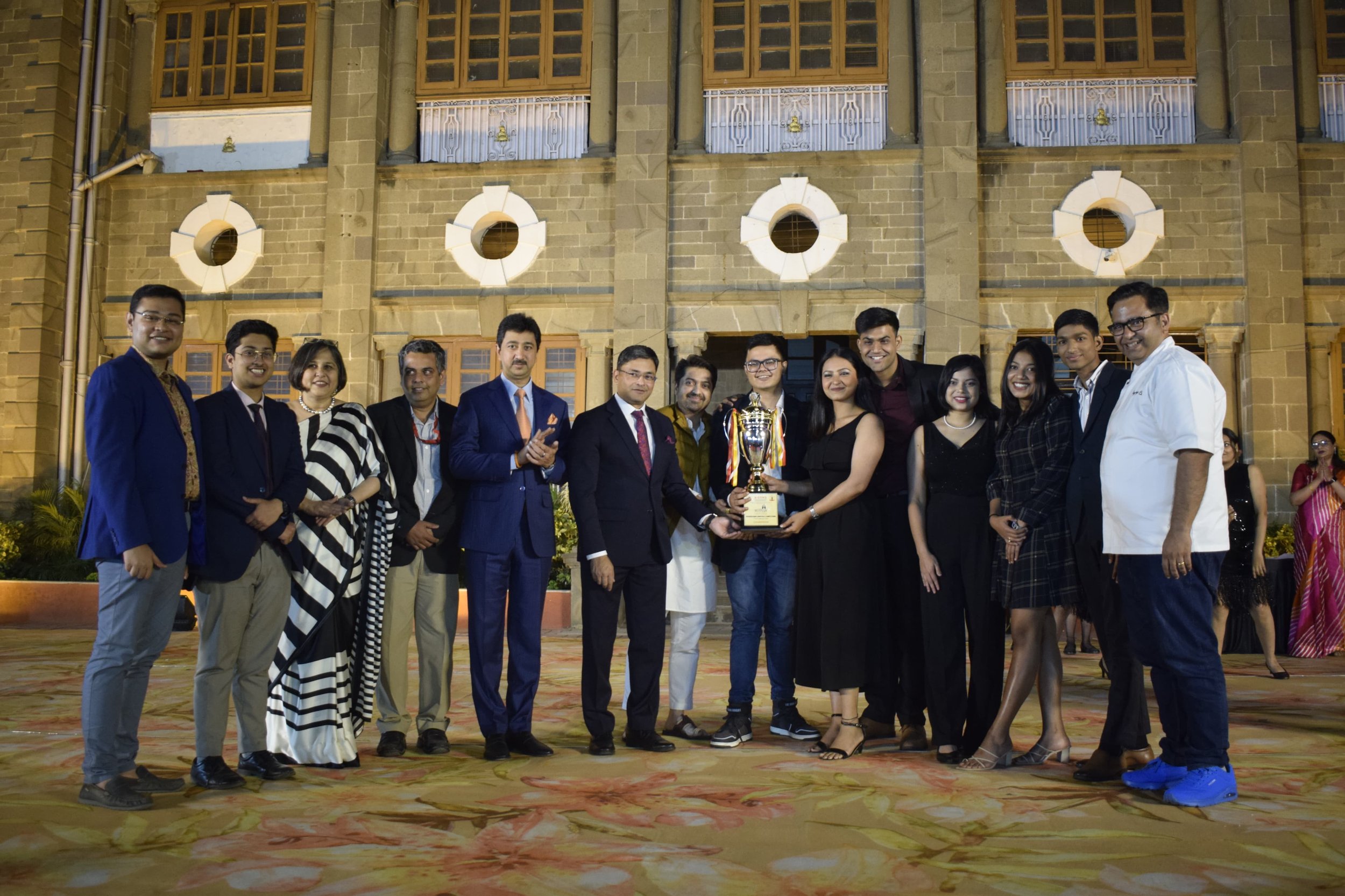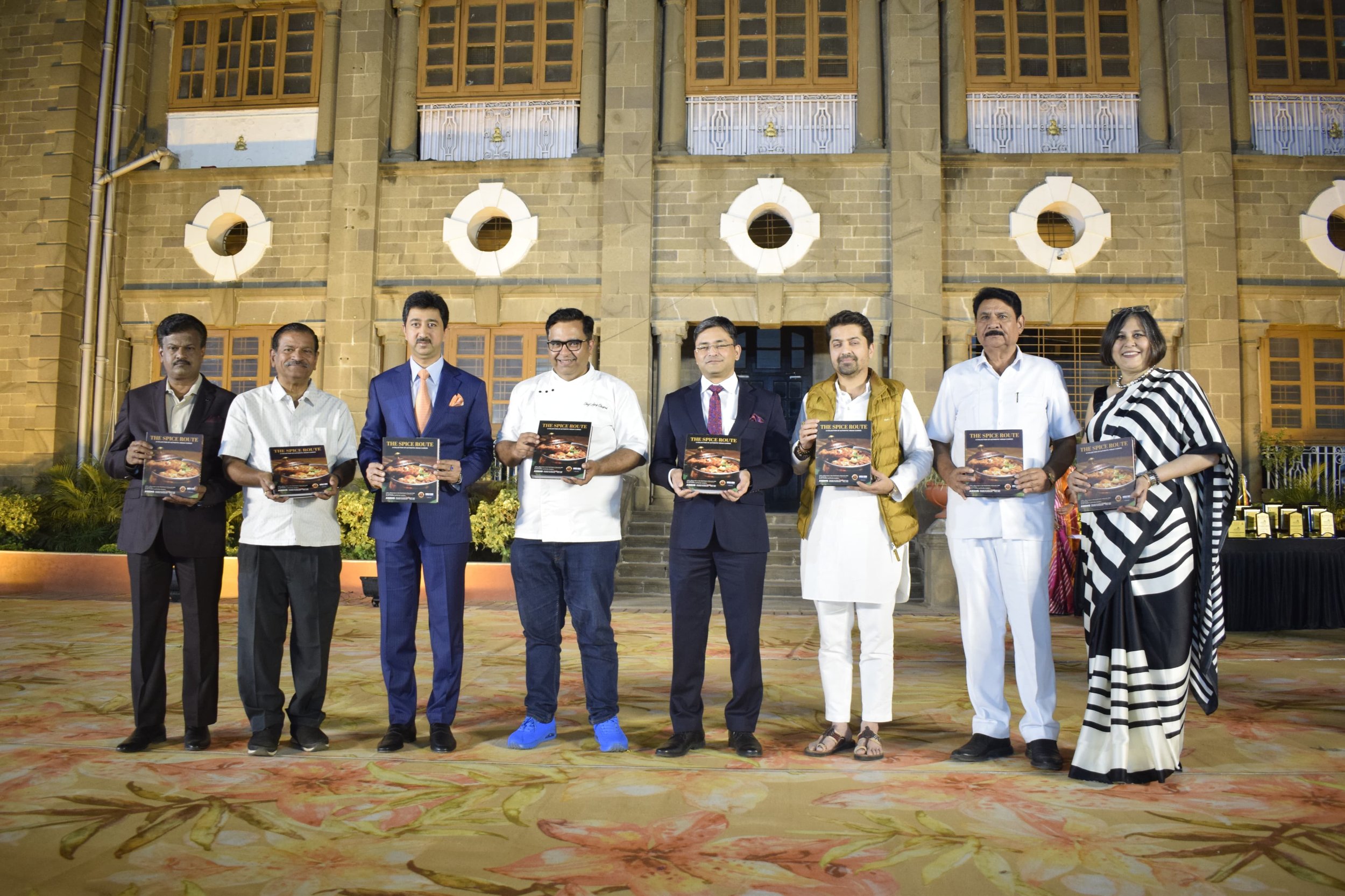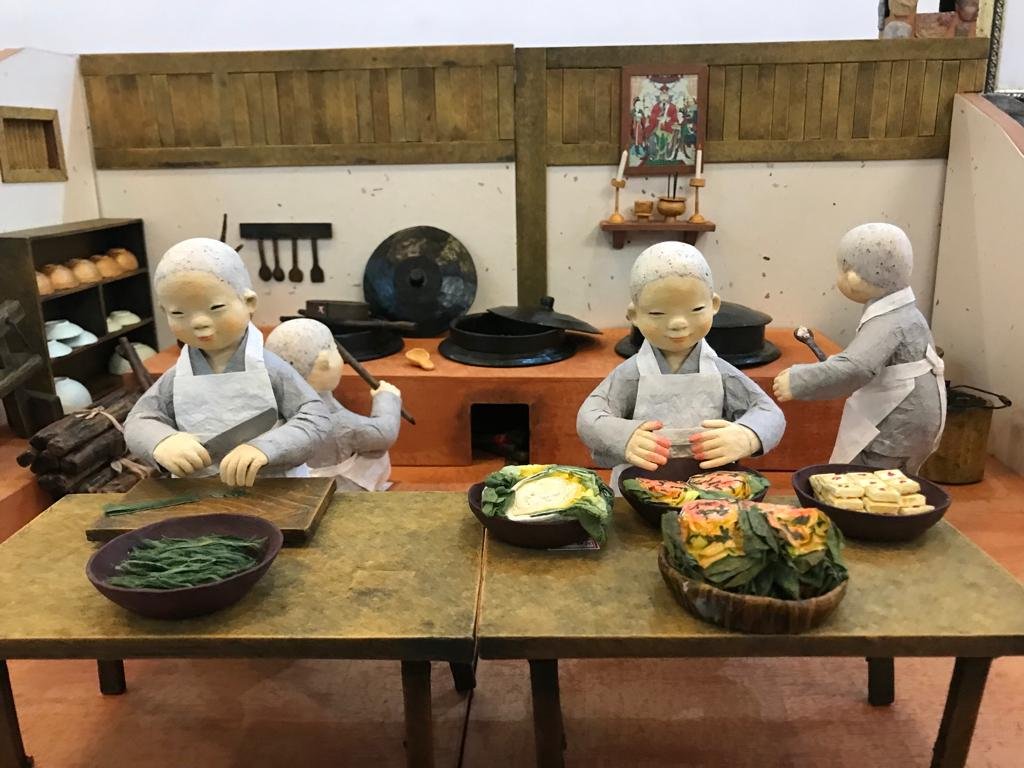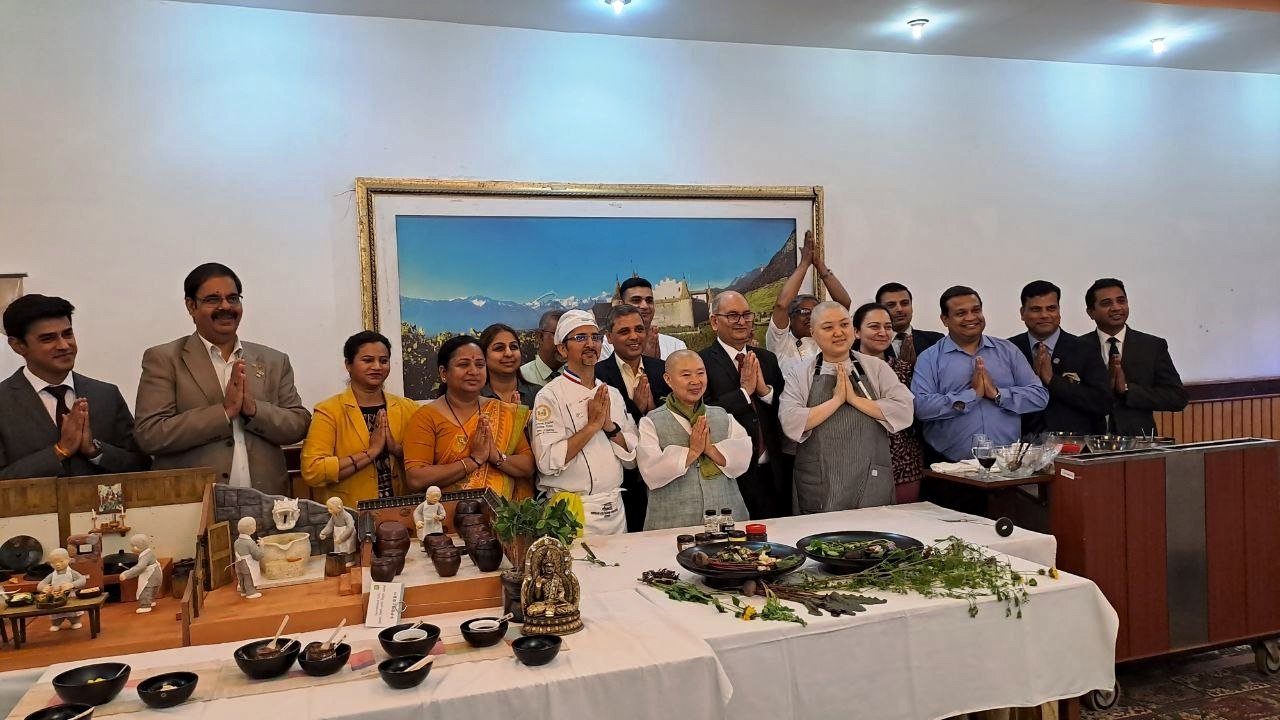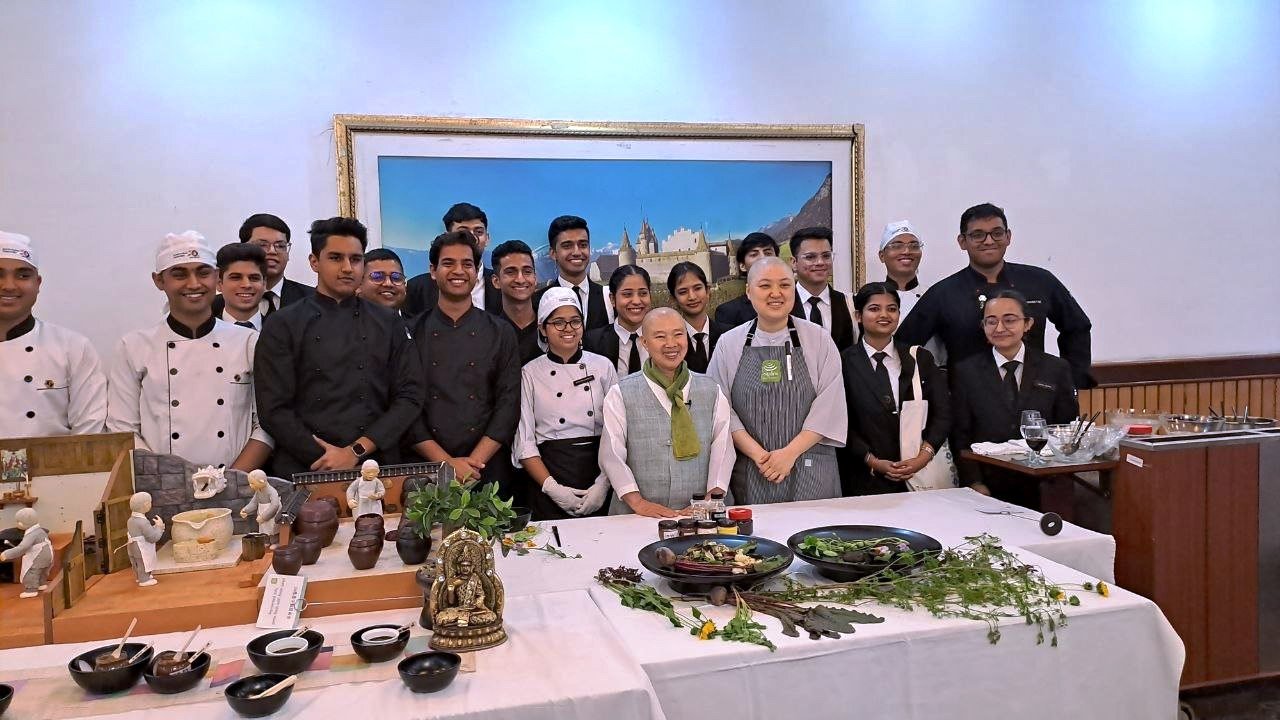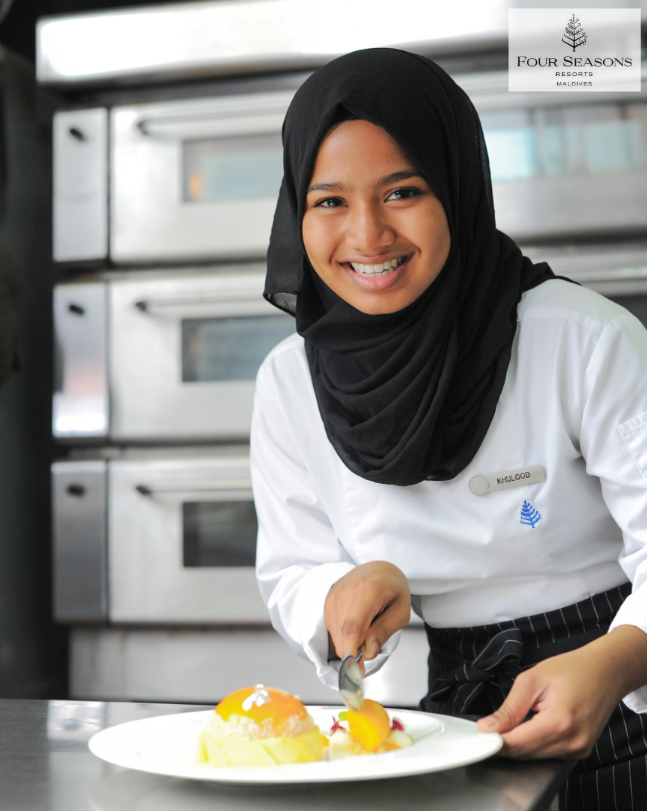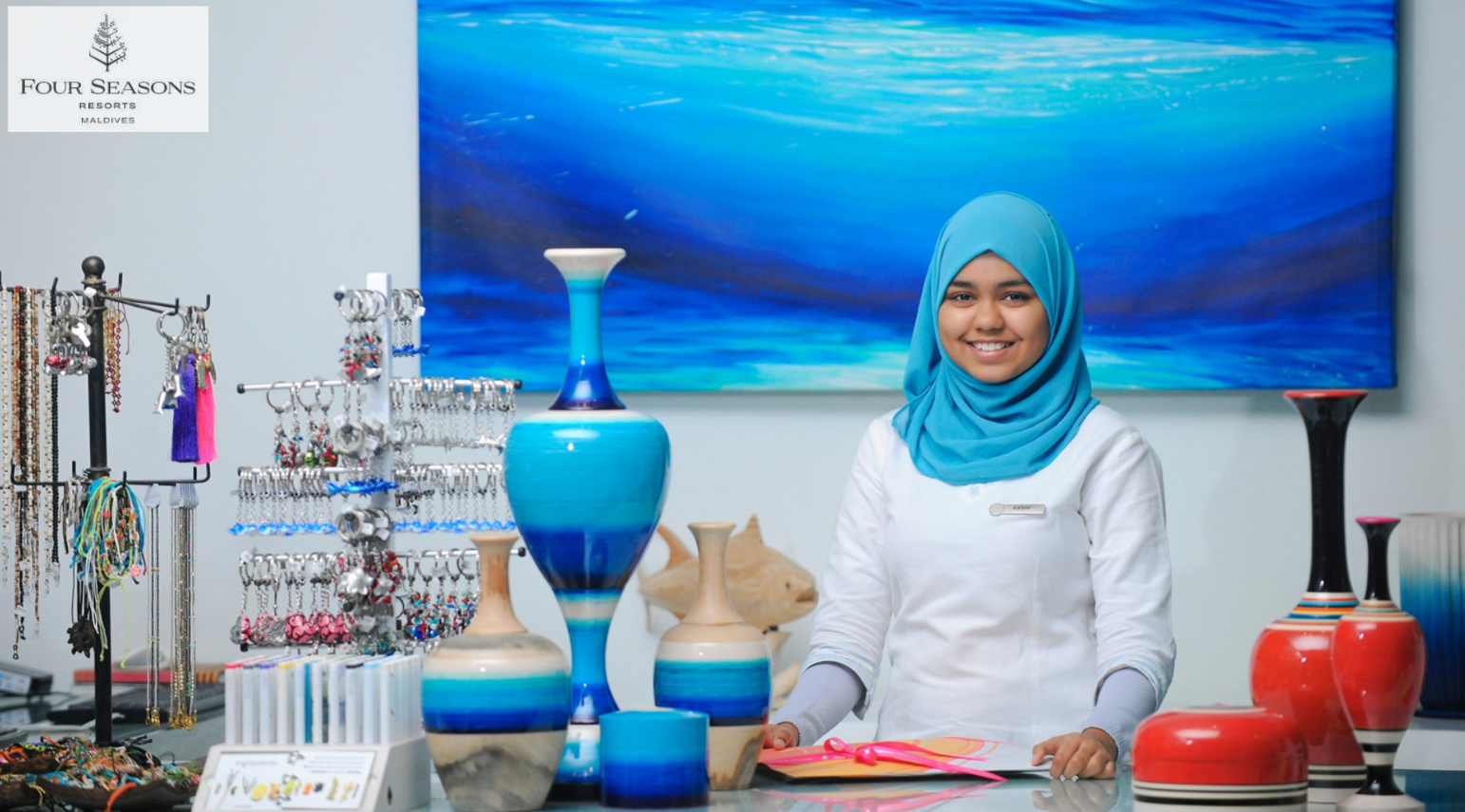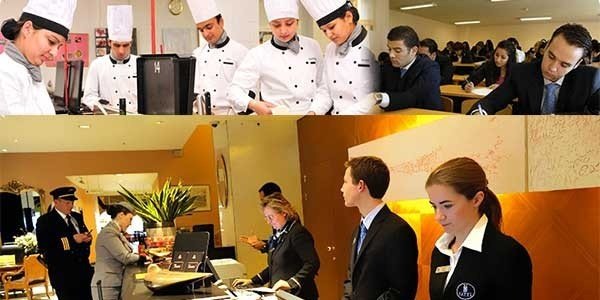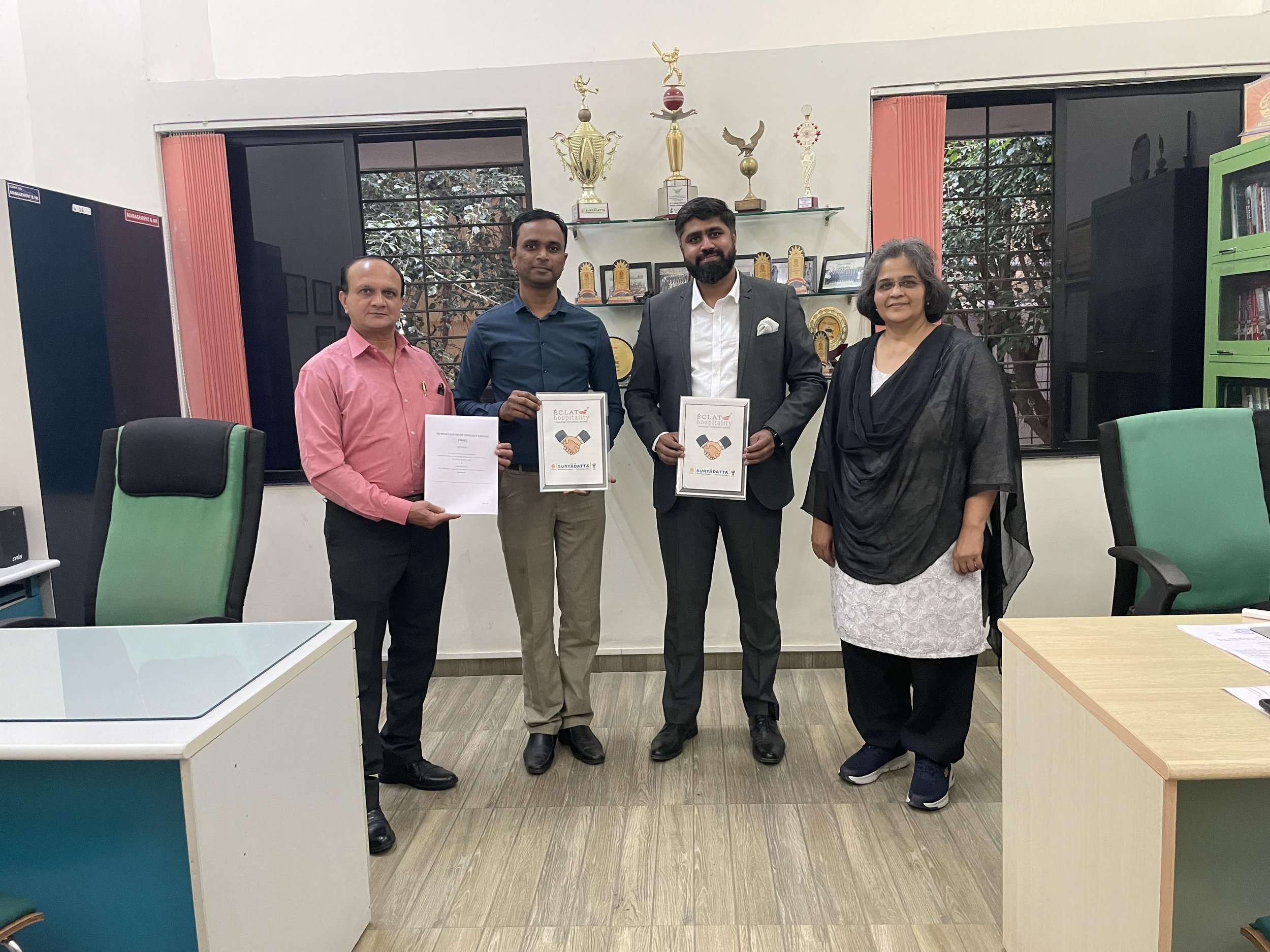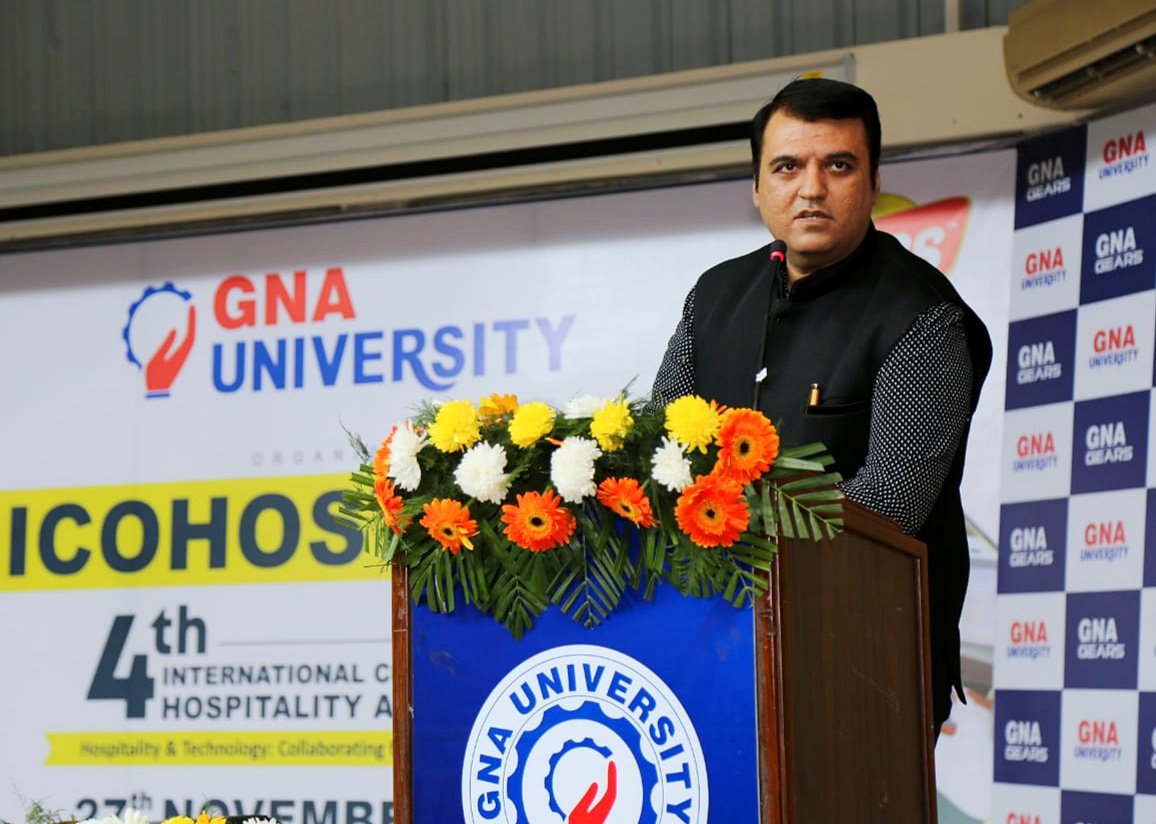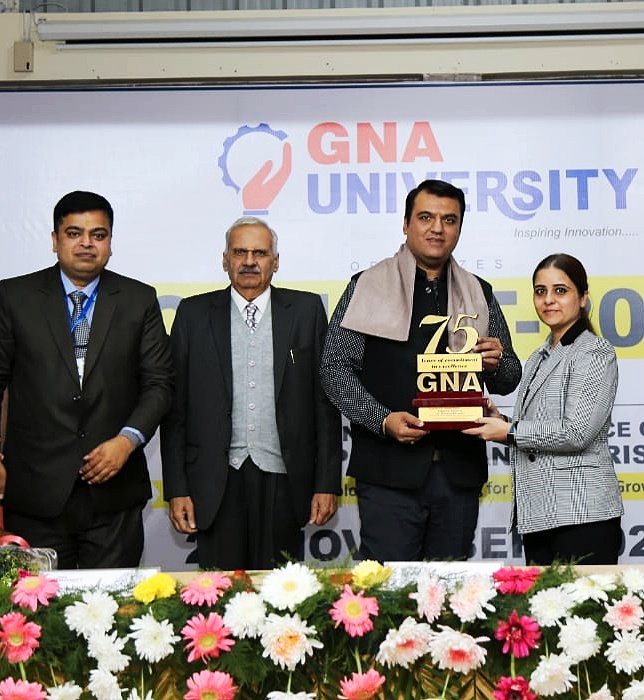The Affirmative Approach Towards Pursuing A Successful Career In The Hospitality Industry! By: Dr. Chef Kaviraj Khialani.
/The word “Hospitality” has been an evolving one especially post covid times & there is more to explore beyond which the eyes can see & the limitless horizon too! the scope- opportunities & possibilities have been reaching out to all possible verticals and have been able to absorb-attract & articulate options for graduating students specialising under various areas of interest.
Looking back to an era of over a decade and a half things were much different and had a varied perspective as well when it came to choice factors available & the career growth plans back then and we have been moving forward it has been re-assuring candidates a much brighter platter of avenues!
Being with the academia for around 25 plus years now actively involved with the student fraternity day in and day out and the synergy with the hospitality industry alongside Chef Kaviraj Khialani, Vice- Principal & Head of Department- Food Production, Kohinoor College of Hotel & Tourism Management Studies, Mumbai shares his thoughts on this topic which is real-time based and also has a few take away factors for the students who are passing out their course study from this stream of education.
The word affirmation is something which calls for a slight attention here which not only keeps the students pepped up & positive but also helps them to follow their path of passion & beyond! The industry then & now has had a few common points of note & understanding which the gen zee needs to keep forefront & try and work their way up to the path of success! I have explained below the word affirmation in simple words & in my opinion with a brief on every word & its implication to apply by the aspiring hoteliers & hospitality professionals!
Aspire
F- Faith
F- Fulfil
I – Innovate
R- Relate
M- Materialise
Attention
T- Talent
I – Independence
V- Versatility
E – Empathy.
Let us now look at each and every word one by one and get an understanding of how it can help us:
ASPIRE: As human beings we all have certain desires, wants & dreams which we wish to achieve when it comes to our professional career. While the industry has a lot more to offer us at times, we restrict ourselves to boundaries and ignore the possible options. We need to have an open mind towards exploring out of box concepts when it comes to even working out of our comfort zones and locations.
FAITH: Having a strong mental & physical balance between joining the dots from expectations to excellence comes a factor of faith which needs to be well affirmed and worked upon on a day-to-day basis. Not all days are the same for all of us in life but the faith in the supreme & love towards doing our best can keep the cycle moving on with peace and harmony. At times its better to go with the flow with faith than to just struggle unnecessarily.
Fulfil: Every dream and aspiration in life needs hard work coupled with elements or molecules of smart work as well. The day-to-day activities in our industry can be very routine & monotonous which doesn’t mean that we give up stating boredom. We need to ensure that we have a plan of action laid down for our work schedules on a daily basis with reminders & notes to ensure that we have fulfilled all our set duties & responsibilities with utmost commitment and honesty.
Innovate: This concept of innovation at large is implied to only candidates getting into culinary and bakery-confectionary and the likes, but there is much more to this. Every department in the hotel or hospitality sector can try to do something differently or with a twist of experiment. This not only can give us a chance to bring out ideas from team members but also check ourselves in a competitive atmosphere at work to bring out the best versions of ourselves.
Relate: The word relate is not just associated with having good relations with family members or relatives etc. it also has a link here to be able to make a connect with the guests, co-workers, the corporate world, competitive shareholders, critics for improvements in ourselves and also to be able to make a connect between plan of action and delivery quotient which is directly linked to guest satisfaction & revenue generation in business.
Materialise: To be able to achieve success in life on a professional front its not just principles of management which would suffice but a combination of self-understanding, environmental influences, knowing your pros & cons, understanding people beyond ourselves, being able to look for improvements to enhance performance & most importantly taking critics seriously and not hampering any aspect of self-development which is going to help bit by bit towards materialising the goals and aspirations.
Attention: this word has always been coming our way whenever it called for eye for detail and something that was not supposed to be taken lightly in life be it personal or professional! The importance of paying attention to detail happens a little later for some of us as we are still growing up in various ways all through our age groups with maturity and ageing too. Once we start paying close attention to ways and means of improving ourselves with committed efforts & dedication with punctuality & self-care we start getting the fruits of our efforts all the way with a positive affirmation that we can do better every single day of our life.
Talent: The fact that the hospitality industry is much more than just baking bread and cooking up a storm from pastas to pizzas, the talent factor also plays an important role when it comes to self development & possibilities to find multiple ways of sharing our knowledge- skills & abilities with those who can benefit from especially when it comes to the student community at large. We all are born with some qualities and talent carried forward from previous birth as well which is true in my case for sure but it also depends on how one works towards bringing it out and showing it to the world!
Independence: A feeling of freedom & expression of words- thoughts & ideas is a much needed aspect and requirement in the hospitality industry. As we have seen it happening during campus interviews as well with students in the form of Group Discussions, a not very favoured choice by some students as not everyone can be expressive to level next and share thoughts in a group even though they might be full of talent- skills and innovation as well. The first impression being last impression quote has now seen a little change in recent times rephrasing it to first impression need not be the last impression or not to judge the book by just its cover,some companies who recruit fresh talent for their teams are now even open to having candidates do a presentation solely and individually as well by offering them role-plays, situation handling related to various departments as well which can tax on their thinking capacities and problem solving skills as well.
Versatility: The fact that today we have so many options to pick and choose in the hospitality sector some graduating students still have a few queries and confusions between which departments to specialise in and which option to pick and choose as the best one in order to get the best benefits and perks at the job and being able to work on the success quotient with practicality and reality check options. I came across candidates who have chosen culinary- food & beverage service in their last semester and when they appeared for a five star hotel interview for a job they were offered sales & marketing as a best choice looking at his personality & confidence level skills and beyond. Though it’s a matter of personal choice at the forefront but if one is open to being versatile and has the confidence to get groomed for the sales aspect of business which assures
good money and incentives as well it can be looked at.
Empathy: Feelings and emotions are a part of us and as we always say hospitality has an aspect of humanity attached where we need to check and understand what our guests go through right from a room stay to a dining experience or having a mocktail at a bar counter, undergoing a check in -check out process at the front desk, servicing an occupied guest room from housekeeping point of view, handling a guest complaint, be it from a room guest or a banquet function or in-room dining order it will call for empathy. To be able to be in the shoes of the guest or customer and offering the best possible, satisfying & humanitarian way of calming him/her down and being able to maintain the decorum of an organisation. This is one quality which needs to be rubbed into well into our hospitality industry handlers from freshers to seasoned all will come across this as a part of their journey, as they say its not what service you offer to a guest but also how you make the guest feel as a part of the experience.
On a Concluding Note: To all the aspiring hospitality management students appearing for their final exams this summer of 2025, we wish you all the very best for the end of academic year examinations and wish you all success with an affirmative approach towards a bright & shining career ahead in the hospitality industry.






